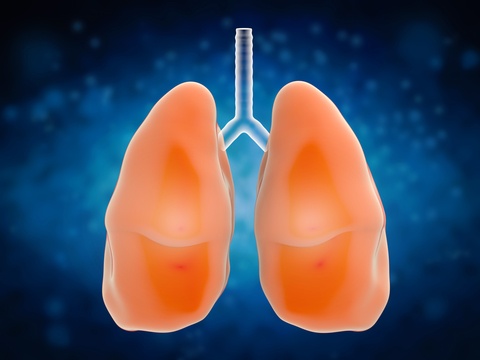
What is Lupus?
Lupus is a chronic (meaning the signs and symptoms last longer than six weeks and can last a lifetime) autoimmune disease that can damage parts of your body (like your skin, organs, etc).
The immune system is mainly affected by lupus, as lupus triggers something to make the immune system not work correctly.
This allows the body to be susceptible to viruses, bacteria and germs, as the immune system does not recognize these germs as a threat to the body.
Autoimmune means that your body cannot tell the different between healthy tissue in the body, and viruses, bacteria and germs.
It is common for those with autoimmune diseases to have their body attack healthy, living tissue in their body, which can cause inflammation, pain and possible damage to parts of the body.
Researchers are not certain on what can cause lupus, but there are a few theories surrounding hormones, genetics and our environment.
It is possible that estrogen (found in both men and women, but higher amounts in women) could be a cause of lupus as roughly every nine out of ten patients who have lupus, are women.
Genetics are also a possible cause of lupus as researchers have linked multiple genes to be associated with lupus.
In the case of identical twins both were raised in the same environment and had the same inherited features but only one child developed lupus.
This leads researchers to believe that genes are not the only cause of lupus, and there must be other factors.
There is belief that exposure to an environmental agent, like a virus or chemical, can trigger those who are genetically susceptible to lupus.
Currently, it is believed that UVA and UVB rays, infections and silica dust (from agriculture or industrial environments) can be triggers for lupus and cause flare ups as well.
Though currently there is no idea behind why people get lupus, nor is there a good way to prevent it, there are ways to manage symptoms.

Speaking with a medical professional can help determine the best route of treatment and medications specific to your symptoms.
Can Lupus Affect Your Respiratory System?
Lupus is an autoimmune disease, affecting and causing harm to the body by attacking the body.
It is possible for lupus to cause inflammation in the lungs, the lining of the lungs, and the blood vessels in the lungs.
Lupus can cause pleuritis, where there is inflammation of the pleura, which is the lining of the outside of the lungs.
Common symptoms of pleuritis is the feeling of sharp, stabbing pain in areas around your chest.
This pain, called pleurisy, can be made worse by taking a deep breath, coughing, sneezing or laughing.
Other symptoms of pleuritis is shortness of breath, and excess fluid in the cavity between the lungs and chest walls.
This buildup of fluids is called pleural effusion and can cause the feeling of not being able to breathe.
Upper respiratory tract infections are also very common for those with lupus, as the immune system is not correctly functioning.
Luckily, they are pretty easy to treat, as it requires a nasal swab in order for the lab to determine the cause (virus or bacteria) and then find applicable medication to treat the virus or bacteria.
Pneumonitis is the term for inflammation in the lung tissue, and can cause symptoms of fever, chest pain, shortness of breath, and coughing.
Commonly believed to be caused by an infection due to bacteria, viruses or fungi, pneumonitis can show symptoms of the flu or a cold.
Chronic diffuse interstitial lung disease is when scarred tissue in the lungs prevents oxygen from moving easily from the lungs into the blood.
If inflammation in the lungs is chronic, it can produce scarring in the lungs and make it harder to breathe, as well as get oxygen into the blood and to the body’s organs.
This can require the patient to be put on oxygen in order to get a healthy amount of oxygen into the blood and to other organs in the body.
One of the last ways lupus affects the respiratory system is causing a pulmonary embolism.
Pulmonary emboli are blood clots that block the arteries that lead to the lungs.
These clots can cause chest pain, shortness of breath and a lack of oxygen to the body.

Lupus and COPD:
Chronic obstructive pulmonary disease commonly involves inflammation in the lungs.
Researchers have discovered that those with autoimmune diseases (such as lupus) are at a higher risk for COPD.
The risk of getting COPD was the highest within the first year after a lupus diagnosis.
Currently research is pointing towards the possibility that COPD can be caused by lupus, but they do not have enough evidence to support that theory at this time.
Conclusion:
Though lupus only affects a small portion of the overall population, roughly 1.5 million in a population size of 325.7 million in the U.S., it is still important to get more answers for those patients.
Knowing the symptoms of lupus, as well as how it can take a toll on your respiratory system is important.
It is also important to speak with your doctor about any possible risks you may have, as well as get tested if you feel that you are at risk for developing COPD, lupus or another respiratory disease.



